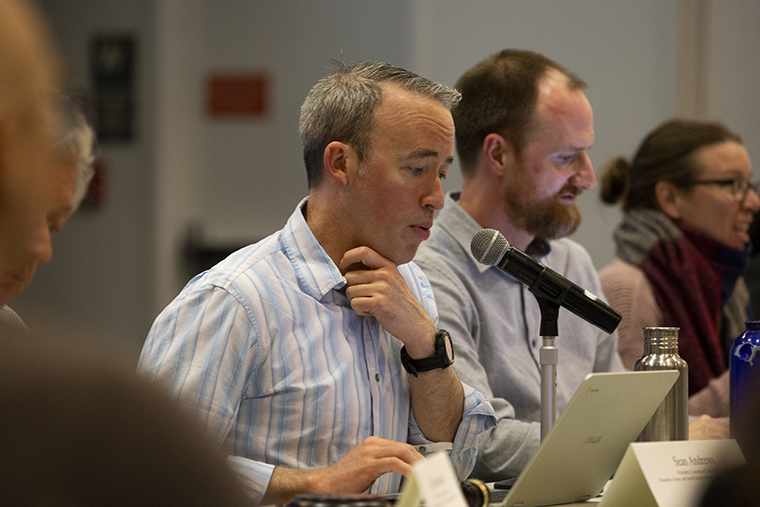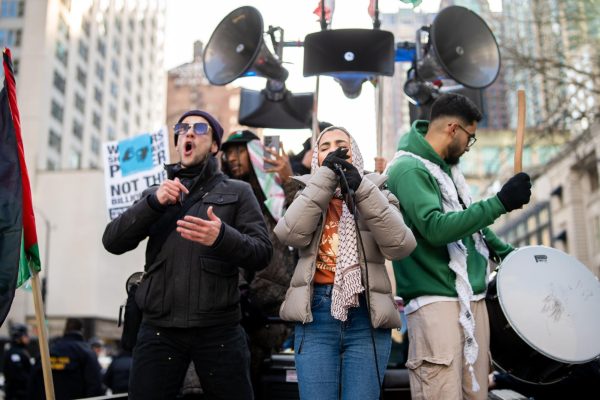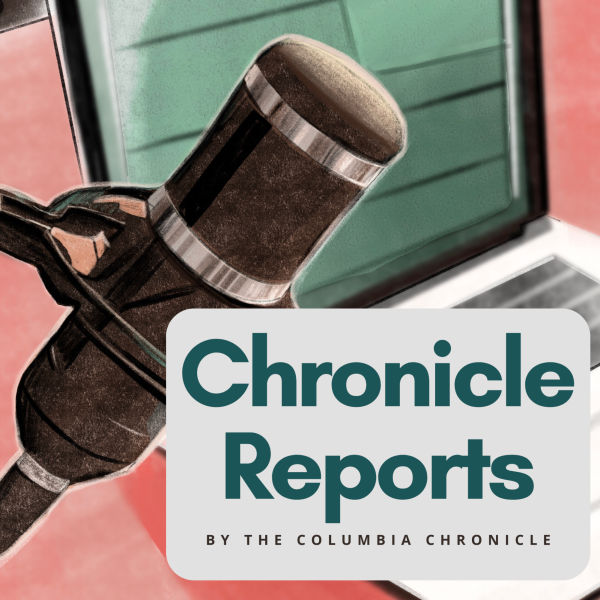EDITORIAL: Faculty deserve space for honest debate, even behind closed doors
September 21, 2019

For years, the Faculty Senate has been a key part in successful communication between faculty and members of the administration. With meetings open to the public, students can actively listen in on conversations regarding policies and academic changes.
However, at the Sept. 13 Faculty Senate meeting, faculty senators said they want to consider whether at least portions of these meetings should be “closed door,” as reported Sept. 14 by the Chronicle.
Partially- or fully-closed meetings would exclude non-members from attending, which would bar a number of groups on campus, from the administration to the Chronicle itself.
But faculty are not trying to box out students and other voices around campus; they are not even trying to box out the Chronicle. They simply want to divulge their opinions without pressure or consequences from non-members, specifically the administration.
Though this concept recently came to the forefront, it has always been written in the Senate’s bylaws, meaning it would not be difficult to implement.
“It’s not a conversation about ‘How do we close a meeting?’ It’s a conversation about ‘Should certain parts of meetings or some meetings be closed so that we can have more open, frank conversations,’” said Jennifer Sadler, an assistant professor in the Business and Entrepreneurship Department and chair of the Faculty Affairs Committee, in the Chronicle article.
The Faculty Senate weighing the idea of closed-door meetings is more of a comment on the observational eyes of the administration than on the faculty.
“The fact that we are having this conversation should make the administration aware that there are some faculty who are feeling … their vulnerability,” said Hilary Sarat-St. Peter, associate professor in the English and Creative Writing Department and former member of the Faculty Senate Executive Committee.
This vulnerability is most present among non-tenured professors, who fear they may face retribution from the administration for speaking their minds.
Underrepresented groups are the ones who should be protected by tenured faculty. Non-tenure professors, women, LGBTQ+ faculty and faculty of color need to be represented and heard from in a space free of intimidation.
It is hard to imagine the Faculty Senate is attempting to hide anything. It is a recommending body and does not hold enough power to make structural changes on its own. If the Faculty Senate needs a conference room-sized water cooler to discuss the happenings of the college, there may be no harm in letting them have that.
Columbia is always striving for transparency and communication across campus. If this is achievable at the Faculty Senate by Senators closing themselves off from the public, maybe that is worth the experiment. Campus-wide communication is crucial. Even more crucial, however, is ensuring every voice on campus is heard.






